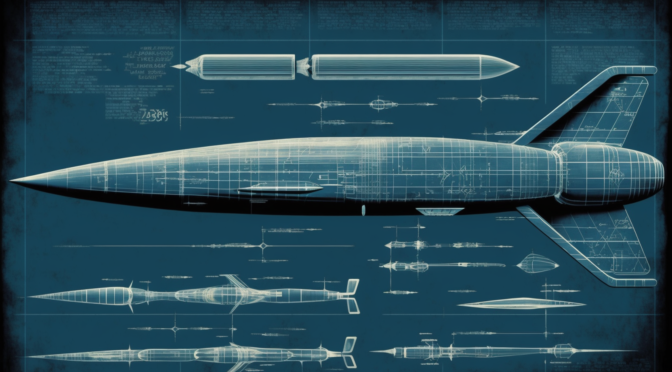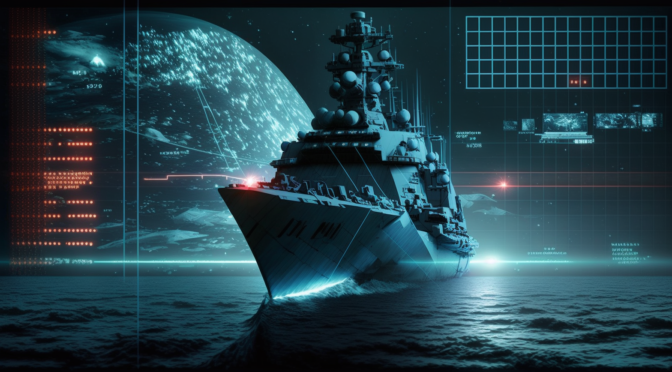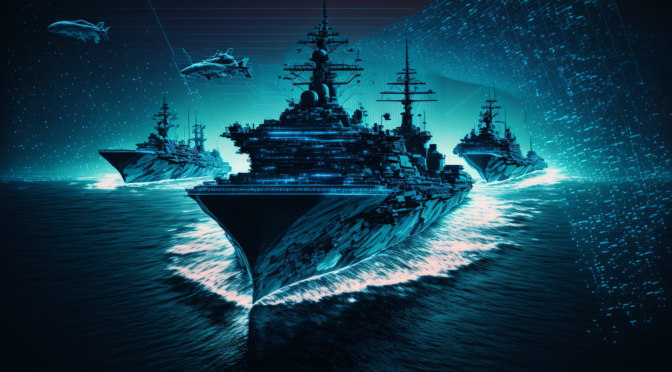By Dmitry Filipoff
Submissions Due: September 18, 2023
Week Dates: September 25-30, 2023
Submission Length: 500 words
Submit to: Content@cimsec.org
In 500 words or less, what do you want the new Chief of Naval Operations to know? CIMSEC is launching a special topic week series featuring short articles that look to convey pressing points to the U.S. Navy’s new top leadership.
On August 14, 2023, Admiral Lisa Franchetti assumed the duties of Acting Chief of Naval Operations. Several days later, Admiral Franchetti issued guidance to the fleet, and captured the scope and intent of the Navy’s major efforts:
“In our ongoing effort to strengthen warfighters, improve warfighting, and ready the platforms that support them, our way ahead is clear and our course is true. We will continue our Navy-wide culture renovation, where Get Real Get Better is the standard of leadership and problem-solving that leaders at all levels embrace and live. We are building teams that are self-assessing, self-correcting, and always learning toward one goal – delivering warfighting advantage. Similarly, we have commenced a once-in-a-generation transformation of our Navy in order to develop, design, and deploy the weapons and tools we need to compete and win, both now and in the future. In this decisive decade, we will maintain this course and increase our speed.”
How can Admiral Franchetti better lead these efforts and achieve these objectives? What challenges are underappreciated by Navy leadership and deserve stronger priority? Contributors can address these questions and many more as they convey their message to the Navy’s new leadership.
Given the broadly international nature of the U.S. Navy’s mandate and the numerous partners and allies that closely work with American naval forces, international contributors are highly encouraged to share their perspectives.
Please submit all contributions for consideration to Content@cimsec.org.
This is an independent CIMSEC initiative and is not produced in cooperation with any U.S. Navy organization or entity. Read the previous edition of “Notes to the New CNO” here.
Dmitry Filipoff is CIMSEC’s Director of Online Content. Contact him at Content@cimsec.org.
Featured Image: The new acting Chief of Naval Operations, Adm. Lisa Franchetti delivers remarks after assuming the duties of CNO during the relinquishment of office ceremony for the 32nd Chief of Naval Operations, Adm. Michael M. Gilday at the U.S. Naval Academy, Annapolis, Maryland, August 14, 2023. (DoD photo by Chad J. McNeeley)




